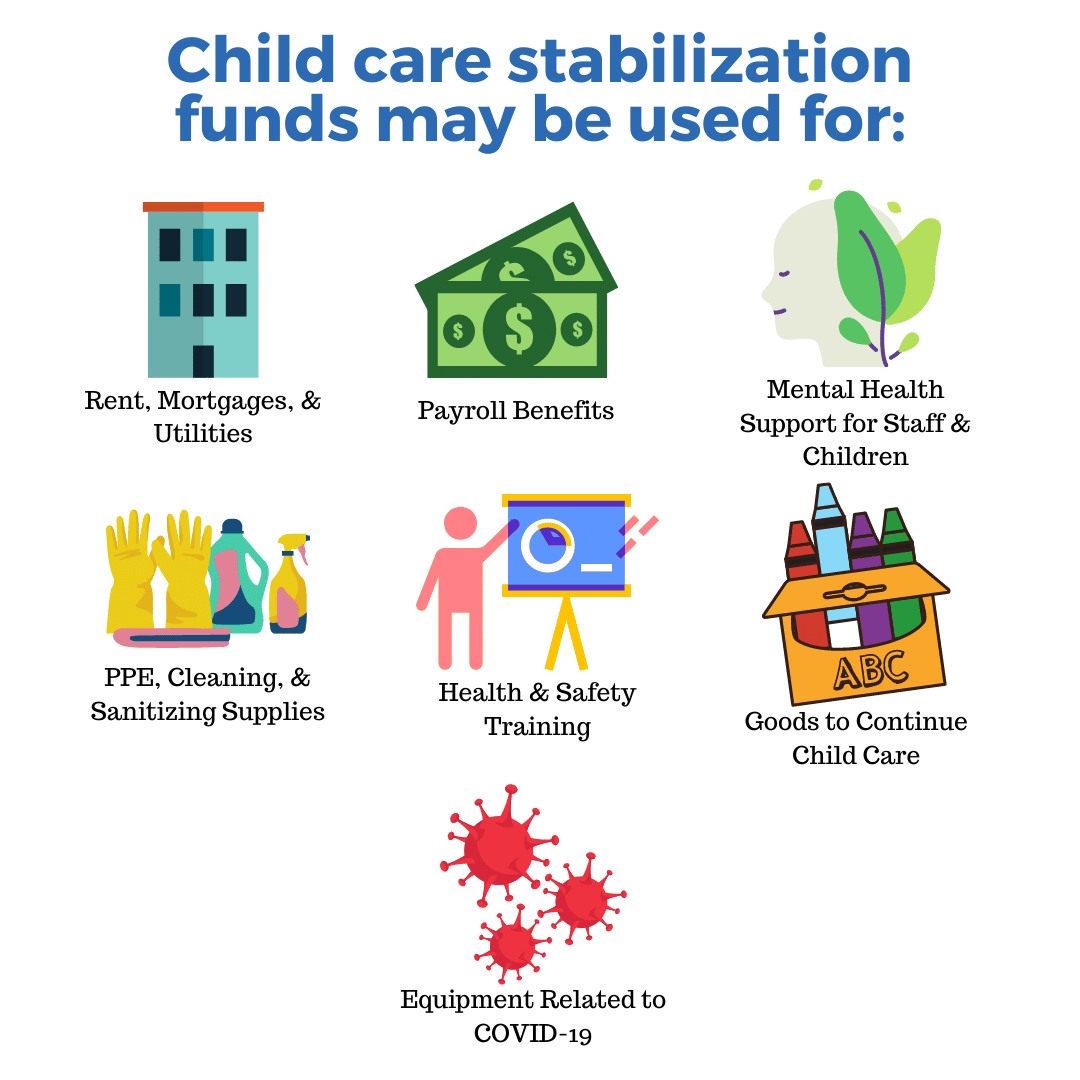Working parents everywhere know the challenges of finding and paying for high quality child care, particularly for infants and toddlers. This problem has become even more challenging over the past 22 months with the onslaught of the COVID-19 pandemic. However, while the pandemic may have exacerbated the high costs and low supply of quality child care, these problems were rampant in 2019, long before the pandemic became a part of our everyday lives.
In our recent analysis of New Jersey’s education expenditures by age group, conducted for the Advocates for Children of New Jersey 2021 Pennies to the Dollar report, co-researcher Ajay Chaudry and I found that in 2019, New Jersey invested $679 per year on education per each child under age 3 in the state – and just $101 of this total were state funds. That same year, New Jersey spent $22,427 annually educating each child aged 5-18, 95% (or $21,400) of which were state funds, and $8,285 per child aged 3-4, 81% (or $6,715) of which were from the state.
New Jersey’s investments in K-12 education and preschool have paid off; New Jersey was rated the #1 state for preparing students for college by US News & World Report. New Jersey’s public preschool initiative has also made a big difference in promoting school readiness and narrowing achievement gaps. Children who participated in the Abbott preschool program saw higher individual and state assessment scores from kindergarten as far as 10th grade when compared to their peers who entered the education system starting in kindergarten. In 2019, New Jersey was #1 in the nation for public and private preschool enrollment. But these investments would pay off more so if, when they first walked through the doors of their kindergarten —or even preschool— classrooms, all children were ready for school.
We know children begin learning well before the age of three. In fact, brain development during the first three years is rapid and lays the foundation for life-long learning. Yet, in most instances, the responsibility of paying for early learning opportunities falls on the parent, especially when their children are infants and toddlers. Unfortunately, the costs of early care and education – importantly, high quality experiences necessary to develop early learning skills and enable parents to work to support their families – are more than what most low- and middle-income families can afford (about $15,600 per year for infant care in New Jersey), creating vast educational inequities from birth.
This underfunding of early care and education also has a negative impact on the early learning workforce. Child care workers earn near-poverty wages, causing economic insecurity and staffing and supply shortages. In May 2020, the mean annual wage for child care workers in New Jersey was $29,930. Nationally, more than half (53%) of all child care workers live in households eligible for public assistance. Low pay creates difficulty in attracting and retaining a skilled workforce. In 2012, 25% of child care centers had annual turnover rates of 20% or higher. Staff turnover interrupts the formation of child-adult bonds that are essential for brain development. Low-quality, unstable care leads to poorer child outcomes and problems for parents and employers. A 2018 survey found that more than half of employed parents with infants and toddlers reported leaving work early or arriving late due to child care problems, and nearly nine out of ten (86%) of primary caregivers said problems with child care hurt their efforts or time commitment at work. A report from business group ReadyNation found that the United States loses an estimated $57 billion each year in lost earnings, productivity and revenue from the lack of affordable, reliable high-quality child care.
The pandemic made a bad situation worse. Our underpayment and undervaluing of early care and education has come to a head. In July 2021, four out of five centers reported being short-staffed and the industry has not regained its February 2020 workforce — one that had a labor shortage pre-pandemic. More than one million mothers – many with young children – remain out of the labor force.
The nearly two years of the COVID-19 pandemic has shone a spotlight on the necessity of child care and early experiences – and on a sector that has been in crisis for years. New Jersey has long been a leader in educating its children, but is investing too little before the age of five. It’s time the state invested in the youngest among us to set our children up for success throughout their lives – and all of us will reap the benefits. Read our report for recommendations on how we can build a more equitable future for our state’s children and those who care for them.
![]() y en la configuración
y en la configuración ![]() seleccione "subtitles" y luego "auto-translate" y finalmente el idioma.
seleccione "subtitles" y luego "auto-translate" y finalmente el idioma.




